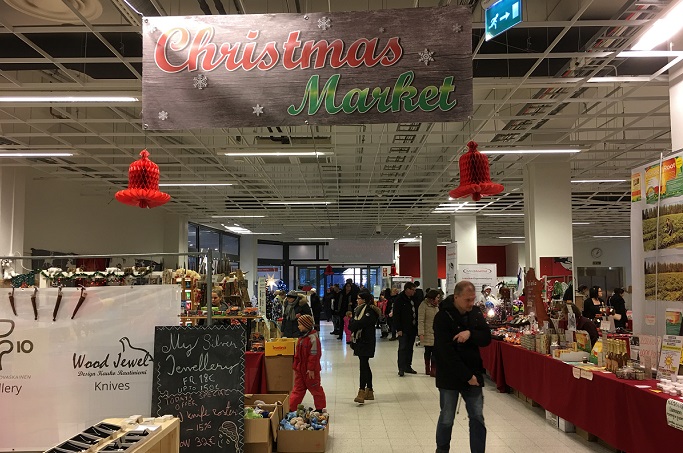Economists see brisk Christmas sales despite Covid-19
Published : 03 Dec 2020, 01:13
The economists of the OP Financial Group expect reasonably good Christmas sales despite the rapidly worsening Covid-19 situation.
The Black Friday week marked the beginning of a lively Christmas shopping season. Card payments increased by 10% from the previous week, similar to the increase recorded a year ago, said a press release.
December is the most important month for the retail sector due to a peak in consumer spending.
This year, however, Christmas sales performance involves exceptional uncertainties. The worsening of the pandemic and the introduction of additional restrictions are not expected to significantly reduce Christmas sales, but part of the sales will shift online.
“Chances are still good for profitable Christmas sales. After the shock experienced in spring 2020, the consumer spending response to increased Covid-19 infections has remained moderate. Households saved money in the first half of the year, so now they have more money for spending. Moreover, the sum of wages and salaries in October was higher than in October last year,” said Tomi Kortela, Senior Economist at OP.
However, if the accelerating growth in the number of coronavirus cases continues, the uncertainty in future economic growth will increase, putting Christmas sales at risk on a more extensive basis.
This would risk the Christmas sales of department stores and brick-and-mortar stores in particular.
Based on OP’s payment card data for 2019, department stores almost doubled their sales during the Christmas season compared to November.
OP’s economists expect the sales of electronics to increase during the Christmas season, as was the case last year.
The sales of groceries are also expected to grow steadily throughout December. Based on OP’s payment card data for 2019, grocery sales doubled in the week preceding Christmas compared to an average week in November.
In December, spending in tourism and restaurants is expected to remain clearly below the 2019 levels. The Covid-19 pandemic has hit certain sectors in particular, and its economic effects are more dramatic in certain areas of Finland.
“Even if the spending as a whole seems relatively good, some sectors have been hit hard by the pandemic. Particularly the spending in tourism and restaurants remains low, and there’s no improvement in the short-term horizon. This is especially reflected in Lapland where the cancellation of the international tourist season causes major losses in income. For this reason, the economic effects of the Covid-19 pandemic on households are uneven too,” said Kortela.


